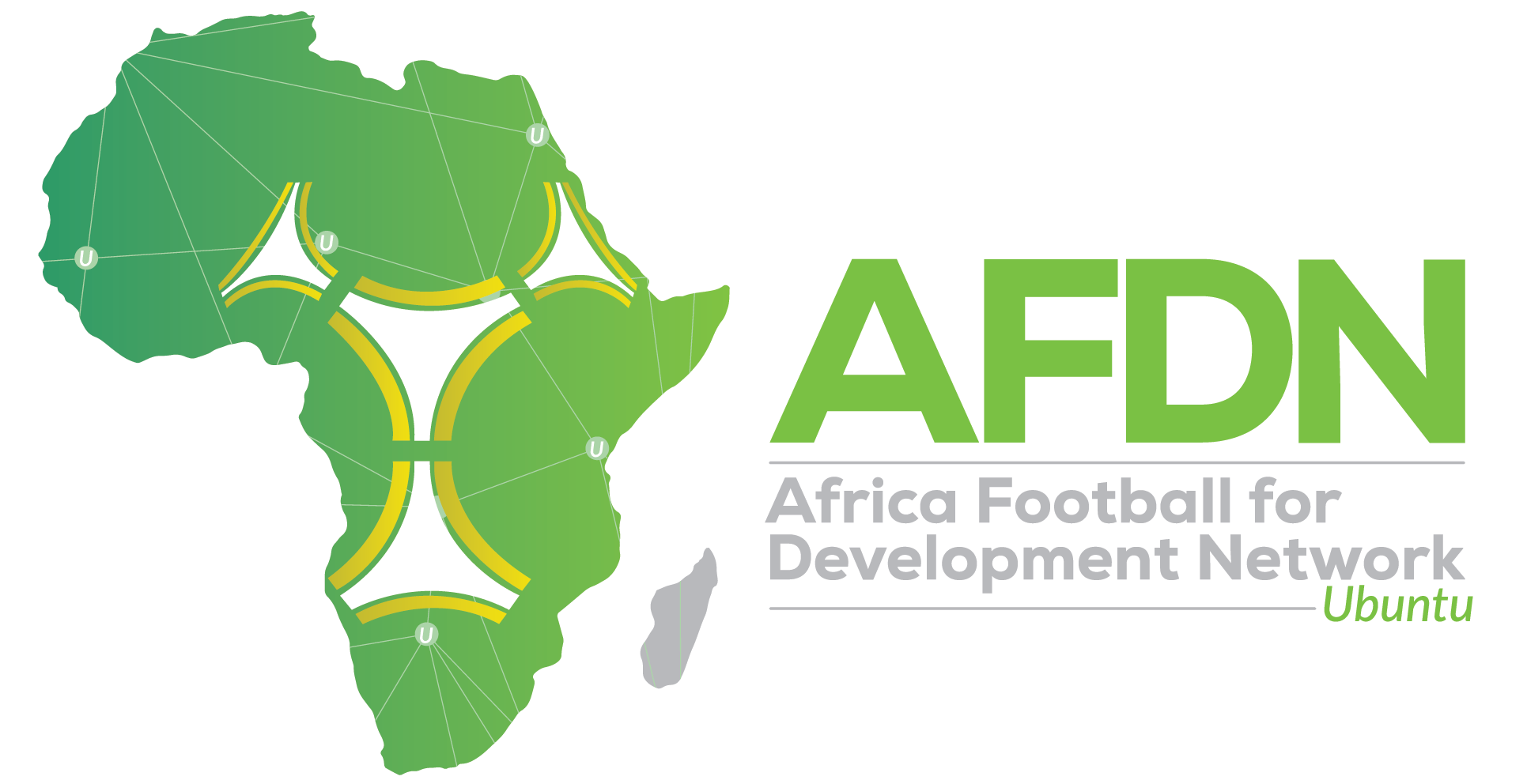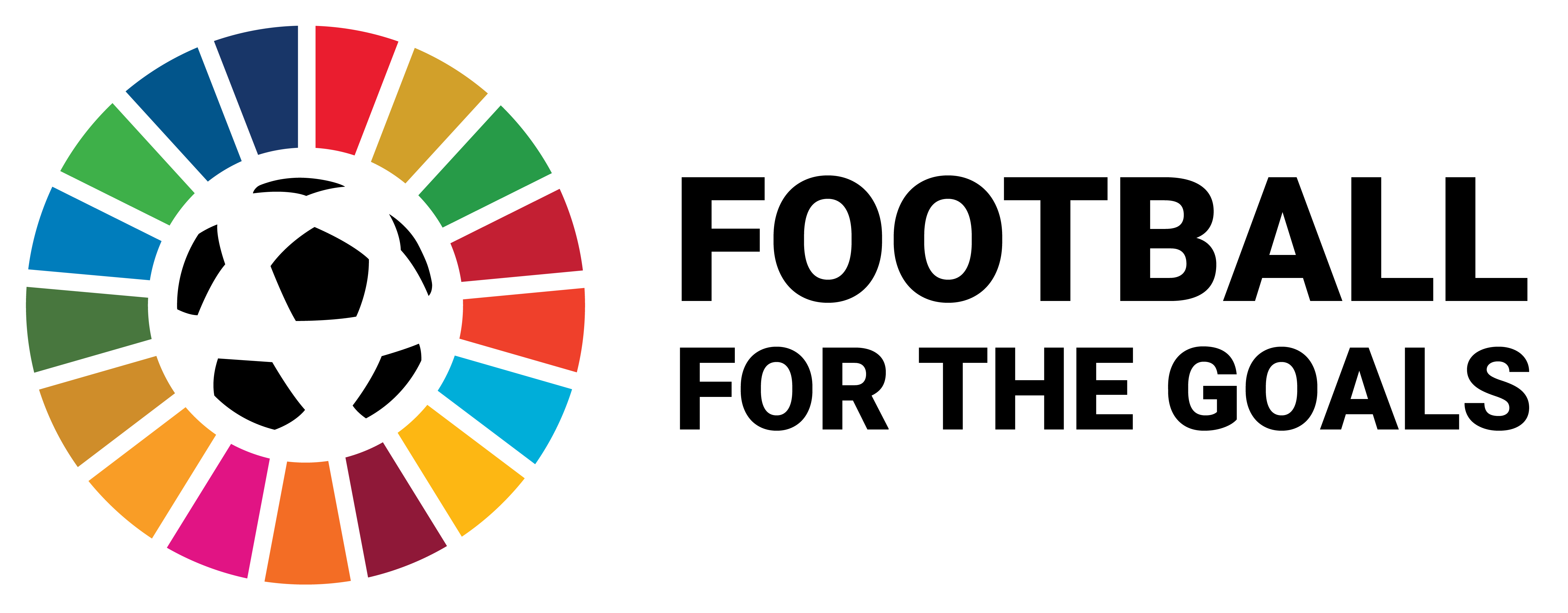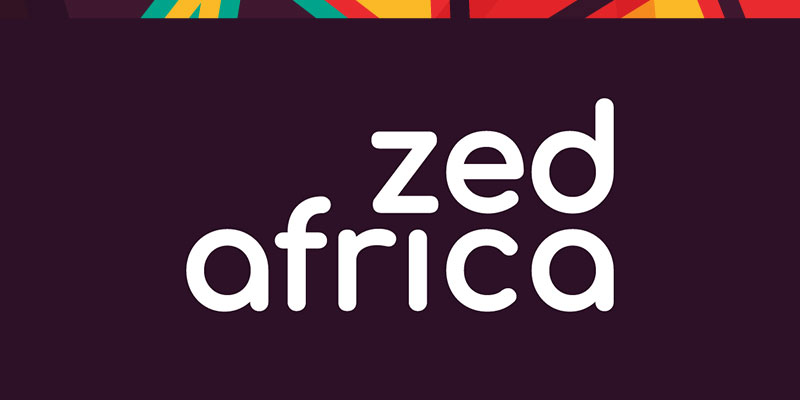
Football is the most popular sport in Africa. Its popularity and universality go beyond its vast pool of talents and fans through its ability to contribute to socio-economic development and unite African communities. The 2030 Agenda for Sustainable Development further affirms the “growing contribution of sport and culture to the realisation of development and peace in the promotion of tolerance and respect as well as the empowerment of youth and women, individuals and communities, and social inclusion objectives.”
Despite this, football, and most sports in general, have struggled to live up to their potential in creating economic development opportunities for a continent struggling with youth unemployment. Further, its contribution to national and regional development goals continues to lag despite the existing policies acknowledging this potential. This is mainly attributed to the lack of proper governance structures and goodwill, lack of qualified sports professionals, poor infrastructure, poor grassroots development programmes and sustainable resource mobilisation strategies.
Nonetheless, there has been a massive influx of grassroots football academies in different parts of the region. This has created more opportunities to develop young talents and tap into the socio-economic benefits of football within our communities. However, the same issues within the sector continue to persist and tend to be more detrimental for these grassroots projects that mostly survive on sheer goodwill and volunteer support networks.
In a budding continent with incredible talents and passion for the game, the various stakeholders must maximise the already existing network of academies by investing in empowering their organisation structures and capacities, as well as their programme delivery and sustainability pathways. An empowered grassroots football ecosystem translates to a stronger foundation and a greater future for African football by expanding opportunities to promote sustainable development within our communities.
It is in this context that Africa Football for Development Network (AFDN) seeks to work alongside grassroots football projects to seek solutions to the challenges of grassroots football development by bringing together football stakeholders, primarily grassroots academies and clubs, to facilitate value-generating interactions through knowledge-sharing, capacity development, quality education, resource mobilisation, and sustainable infrastructure.
Acknowledging the different needs and context of the various academies, AFDN will determine the activities of engagement through a needs assessment to determine their most urgent needs, current capacity, expectations and existing opportunities within and beyond. This will be followed by a series of capacity-building sessions addressing the various themes and topics in sports development and programme delivery. AFDN will also create benchmarking opportunities among the different academies to share lessons and exchange information. Other strategies include organised tournaments, pool grant funding, and developing multi-stakeholder partnerships and collaborations. These activities will be consistently carried out while integrating members’ feedback after every activity to ensure quality and practical engagement.
In our engagements with the members, we identified that most challenges and opportunities are almost relatable in every context. The members have so far expressed great enthusiasm for the AFDN’s vision and asserted their contributions and roles in ensuring its success. They underlined the need to work together, alongside other stakeholders, to develop long-term strategies to mitigate the issues within grassroots football structures. They acknowledged the need to promote a conducive environment that encourages and sustains more collaborations amongst each other, including the top-tier clubs, which could greatly benefit from their talent hubs.
The responsibility to create solutions for African football lies not only on the national and supranational sports leadership and relevant football stakeholders but also on the private and public companies that remain committed to community development, an opportunity that football readily provides. We hope that as AFDN kicks off, it sets the pace for more opportunities for growth, investment and multi-stakeholder partnerships in African football; and ultimately improves the quality of opportunities available to young people in Africa and beyond.
AFDN Programme Coordinator – Judith Macharia
Judith’s professional career has traversed in international Sport for Development policy, advocacy and research addressing themes of; peace and development, governance, diversity and inclusion, and women and youth advancement for close to 5 years.
Judith is very passionate about developing capacities of grassroots football structures by providing consultancy services, a role she plays at The Football Foundation for Africa as the Programme Coordinator at the Football Development Network (AFDN). She also serves as the Kenya Local Focal Point at the Commonwealth Youth Sport for Peace and Development Network.
Besides this, she is an alumnus of the African Leadership Centre, King’s College London Fellowship programme, which focuses on peace, security and leadership for development in Africa. Building on her interest in peace and security in Africa, including through sport, she serves on IGAD’s Roster of Technical experts on Mediation. She firmly believes that the potential of sport to promote sustainable development in Africa can only be achieved with intentional leadership, investment and accountability.
She currently works at the United Nations Alliance of Civilizations as the Programme Management Senior Assistant, Sport for Peace Portfolio.
SUPPORT the Africa Football for Development Network. https://footballfoundation.africa/support-us/
JOIN the Movement. https://footballfoundation.africa/afdn/

 Back to Blog
Back to Blog 







